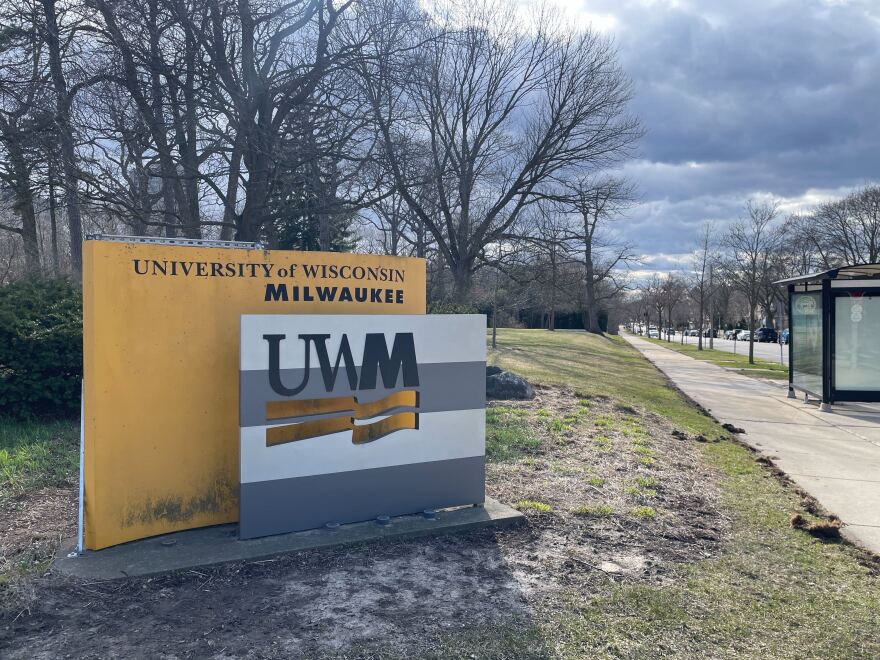New to Wisconsin state law is a requirement that Universities of Wisconsin faculty and academic staff teach four classes each semester starting in the 2026-27 school year.
The requirement was folded into the state budget, which includes a $256 million increase in funding for the state university system and was signed this month by Gov. Tony Evers.
While four classes represent a full-time workload, it doesn't tell the whole story, according to Jon Shelton, a professor at UW-Green Bay and president of the union that represents UW faculty and academic staff.
"The reality is, there’s virtually nobody whose sole job is just to teach courses," he says. "In order to teach well, faculty and academic staff need to do research in order to stay up in their field. Many of us are engaged in research projects."
Shelton explains that professors can also use course reassignments to lower the number of classes they teach during the year in exchange for advising students, coordinating internship programs or serving as chair of a department.
Two state universities, UW-Madison and UW-Milwaukee, will only face half the workload requirement — two classes per semester — because of their status as research institutions. UW-Milwaukee achieved the designation from the Carnegie Classification of Institutions of Higher Education first in 2016. The university was most recently recertified in February.

Republicans aim to 'focus' resources in classrooms with faculty workload requirements
The change to faculty workloads is championed by state Republicans, who say it’s supposed to increase efficiency of the state university system and focus resources on the classroom. That’s according to a recent weekly update sent by state Sen. Howard Marklein, R-Spring Green.
Marklein called the move a "common-sense" reform.
Budget documents show that the new workload standards can be cut back for department chairs and faculty who have administrative duties. Faculty can also teach fewer classes and take pay cuts, or try to fill the gap with grant funding or other sources of compensation.
Universities of Wisconsin spokesperson Mark Pitsch said the system will "develop a policy that fulfills the requirements of the state budget, meets student needs, and respects faculty responsibilities.”
The change comes in the same month that the UW Board of Regents unanimously approved a tuition increase of up to 5% for the upcoming academic year. System President Jay Rothman said the increase is necessary following a "decade of a tuition freeze and lagging state aid."
Shelton, the union president, says the combination of rising tuition and increasing faculty workloads will mean students will soon pay more money to learn from professors who are busier and may have fewer out-of-class opportunities for them.
He added that the move to change how many hours UW employees teach represents an overreach by the Legislature that other public employees are not subject to.
"It's almost impossible to imagine a scenario where the Legislature would say, 'We're going to micromanage the working conditions of the State Highway Patrol, the state police ... Even though we don't have any direct engagement with what things look like on the day-to-day level for these workers, we're going to nonetheless just just make blanket policies that are going to impact them,'" Shelton says.
"And that's what they've done here."
The Universities of Wisconsin now has until Dec. 1 to present a plan to meet the requirement and potential exemptions to the Legislature's Joint Committee on Employment Relations. The committee must approve the plan by the end of January.
Katherine Kokal is the education reporter at 89.7 WUWM - Milwaukee's NPR. Have a question about schools or an education story idea? You can reach her at kokal@uwm.edu






